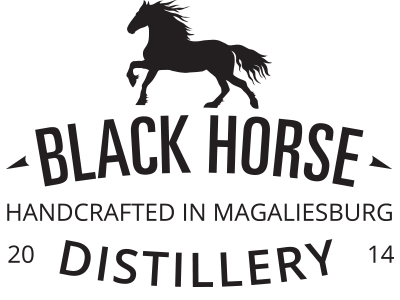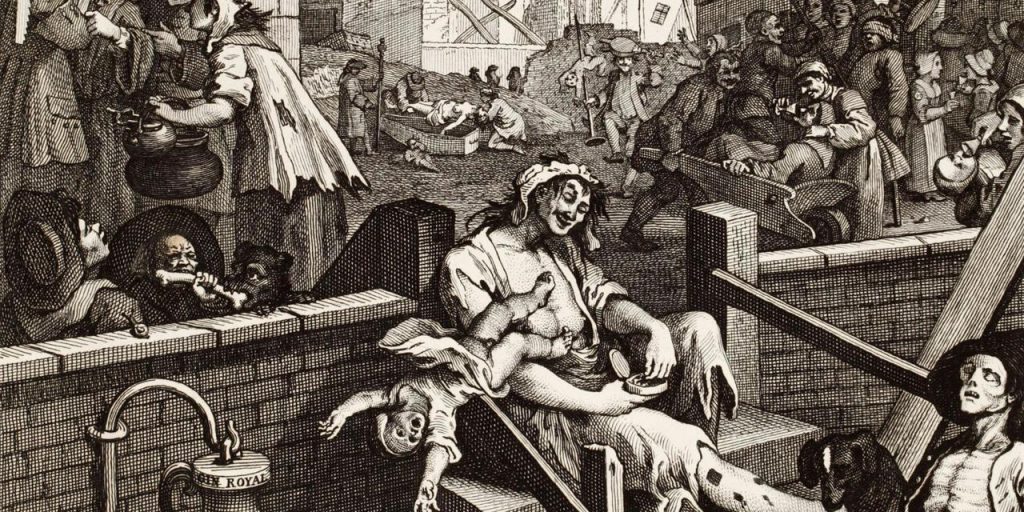Morality Gin
Why Morality?
When it became apparent that copious gin consumption was causing social problems, efforts were made to control the production of the spirit. The Gin Act 1736 imposed high taxes on sales of gin, forbade the sale of the spirit in quantities of less than two gallons and required an annual payment of £50 for a retail licence.
This had little effect beyond increasing smuggling and driving the distilling trade underground. Francis Place later wrote that enjoyments for the poor of this time were limited: they had often had only two: “…sexual intercourse and drinking,” and that “…drunkenness is by far the most desired…” as it was cheaper and its effects more enduring.

During the process of creating Morality Gin and where the world is heading these days, we found it appropriately interesting to tie Morality onto our great Gin, and like morality these days we keep on refining it. Like Oscar Wild said, “Morality, like art, means drawing a line someplace.”




